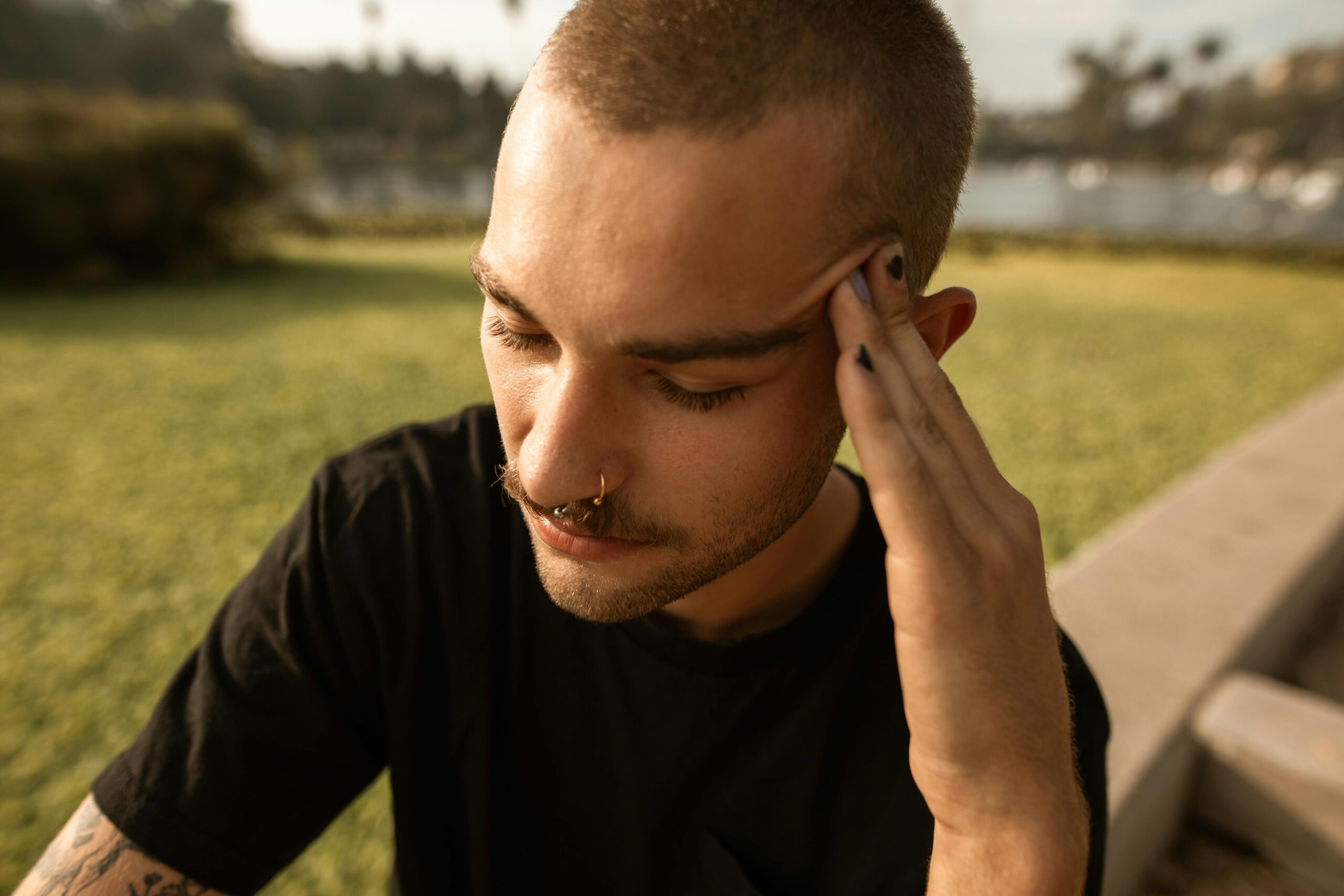Anxiety is a common mental health condition that affects millions of people worldwide. It can manifest in various forms, from generalized anxiety disorder (GAD) and panic disorder to social anxiety and specific phobias. While experiencing occasional anxiety is a normal part of life, chronic and excessive anxiety can significantly impair daily functioning and quality of life. At Keys Behavioral Health, we are dedicated to providing effective treatments for anxiety that can help individuals regain control and achieve a sense of peace and well-being. In this blog, we will explore the different types of anxiety, their symptoms, and the various treatment options available.
Types of Anxiety Disorders
- Generalized Anxiety Disorder (GAD): Characterized by persistent and excessive worry about various aspects of life, such as work, health, and social interactions.
- Panic Disorder: Involves recurrent panic attacks—sudden episodes of intense fear and physical symptoms like heart palpitations, shortness of breath, and dizziness.
- Social Anxiety Disorder: Marked by intense fear and avoidance of social situations due to worries about being judged, embarrassed, or humiliated.
- Specific Phobias: Involve extreme fear of specific objects or situations, such as heights, animals, or flying.
- Obsessive-Compulsive Disorder (OCD): Characterized by intrusive thoughts (obsessions) and repetitive behaviors (compulsions) performed to alleviate anxiety.
- Post-Traumatic Stress Disorder (PTSD): Develops after experiencing or witnessing a traumatic event, leading to flashbacks, nightmares, and severe anxiety.
Symptoms of Anxiety
Anxiety can manifest in a wide range of physical, emotional, and behavioral symptoms, including:
- Physical Symptoms: Rapid heartbeat, sweating, trembling, shortness of breath, dizziness, headaches, stomachaches, and muscle tension.
- Emotional Symptoms: Persistent worry, fear, restlessness, irritability, and a sense of impending doom.
- Behavioral Symptoms: Avoidance of anxiety-provoking situations, difficulty concentrating, and compulsive behaviors (in the case of OCD).
Effective Anxiety Treatment Options
- Cognitive-Behavioral Therapy (CBT)
CBT is one of the most effective treatments for anxiety. It involves identifying and challenging negative thought patterns and beliefs that contribute to anxiety. Through CBT, individuals learn to:
- Recognize and Reframe Negative Thoughts: Understanding how thoughts influence feelings and behaviors, and replacing irrational or harmful thoughts with more realistic and positive ones.
- Develop Coping Strategies: Building practical skills to manage anxiety-provoking situations and reduce avoidance behaviors.
- Gradual Exposure: Gradually facing feared situations in a controlled and systematic way to reduce anxiety over time.
- Medication
Medication can be an important component of anxiety treatment, particularly for moderate to severe cases. Common medications used to treat anxiety include:
- Selective Serotonin Reuptake Inhibitors (SSRIs): Such as sertraline (Zoloft) and fluoxetine (Prozac), which help regulate serotonin levels in the brain.
- Benzodiazepines: Such as diazepam (Valium) and lorazepam (Ativan), which provide short-term relief of acute anxiety symptoms.
- Beta-Blockers: Such as propranolol, which can help manage physical symptoms of anxiety, particularly in social anxiety disorder.
- Mindfulness and Relaxation Techniques
Mindfulness practices and relaxation techniques can be highly effective in managing anxiety by promoting a state of calm and reducing stress. These techniques include:
- Mindfulness Meditation: Focusing on the present moment and accepting thoughts and feelings without judgment.
- Progressive Muscle Relaxation: Systematically tensing and then relaxing different muscle groups to reduce physical tension.
- Deep Breathing Exercises: Practicing slow, deep breaths to activate the body’s relaxation response and reduce anxiety.
- Lifestyle Changes
Incorporating healthy lifestyle changes can have a significant impact on anxiety levels. Key lifestyle changes include:
- Regular Exercise: Physical activity releases endorphins and reduces stress hormones, helping to alleviate anxiety.
- Balanced Diet: Eating a nutritious diet can support overall mental health and reduce anxiety symptoms.
- Adequate Sleep: Ensuring sufficient and quality sleep is crucial for managing anxiety and maintaining overall well-being.
- Reduced Caffeine and Alcohol Intake: Limiting substances that can exacerbate anxiety symptoms.
- Support Groups and Therapy
Joining support groups or engaging in group therapy can provide a sense of community and understanding. Sharing experiences and learning from others who face similar challenges can be incredibly beneficial. Additionally, family therapy can help improve communication and support within the family unit, creating a more supportive environment for individuals with anxiety.
Get Anxiety Treatment Today With Us
Anxiety is a treatable condition, and with the right approach, individuals can manage their symptoms and lead fulfilling lives. At Keys Behavioral Health, we offer comprehensive and personalized anxiety treatment programs tailored to meet each individual’s unique needs. If you or someone you know is struggling with anxiety, we encourage you to reach out to us for professional guidance and support.

 Get Directions
Get Directions